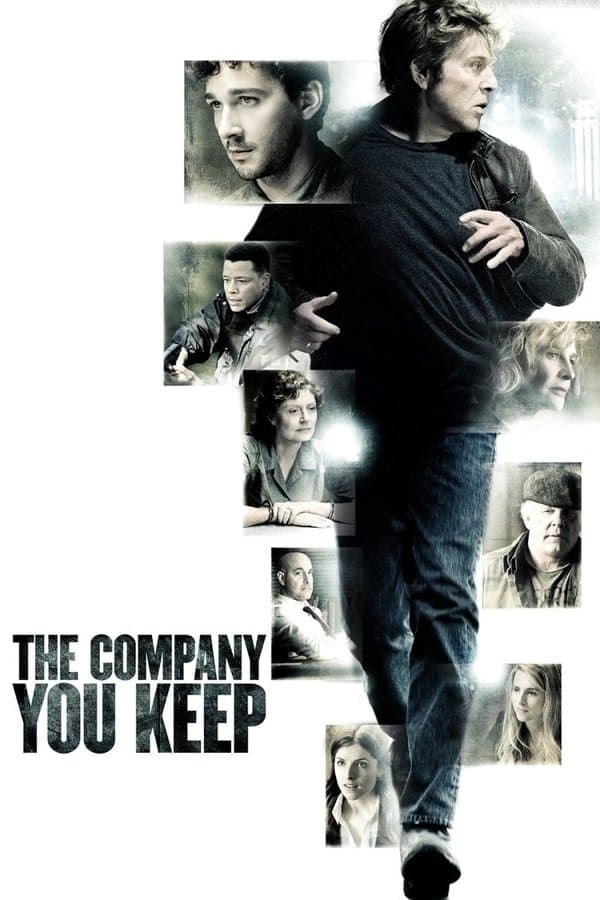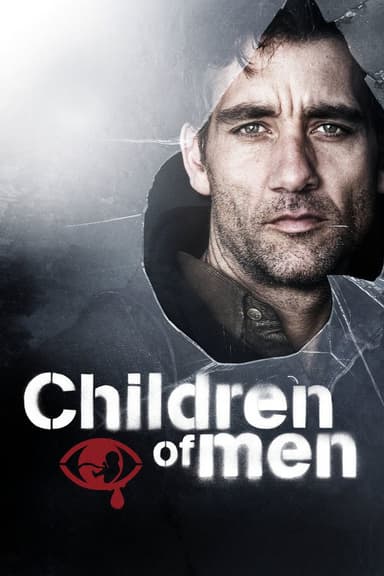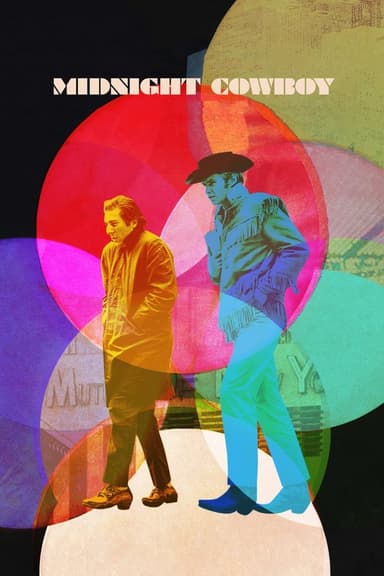
The Company You Keep
2012 • Drama, Thriller • R
A former Weather Underground activist goes on the run from a journalist who discovers his identity.
Runtime: 2h 1m
Why you should read the novel
Neil Gordon's novel, The Company You Keep, invites readers into a labyrinthine world of political activism, moral ambiguity, and personal sacrifice that only prose can fully develop. Through its nuanced exploration of character psychology, the book delves deeply into the motives and inner lives of those shaped by the tumultuous events of the 60s and 70s. The narrative's literary scope allows for greater insight into history, ideology, and the intricate relationships between characters and their ideals.
Far richer in detail than its film adaptation, the novel provides a multifaceted perspective on the Weather Underground and their legacy. Gordon's methodical storytelling and intricate prose paint vivid portraits of activists on the run and the consequences of their decisions, immersing the reader in a world where idealism and regret collide. The novel provides room for contemplation and discussion, something often compressed or omitted in cinematic renditions.
By choosing the book over the movie, you gain direct access to the author's voice and vision, unfiltered by cinematic interpretation. Gordon’s writing encourages empathy and critical thought, presenting the full weight of history and conscience like only literature can. Reading the source allows for a deeper, more personal connection to the characters’ journeys, making the novel an essential experience for those interested in both suspense and social history.
Adaptation differences
One of the main differences between the film adaptation and Neil Gordon's novel lies in the depth of character exploration. While the movie must focus on the central plot and external action, the book provides extensive internal monologues, detailed backstories, and psychological nuance for key characters, especially Jim Grant (Nick Sloan). This richer insight allows readers to understand the weight of past decisions and the toll that decades spent in hiding have taken.
The film streamlines and simplifies several plotlines and characters to fit time constraints and narrative focus. In the novel, there is a broader cast with interconnected stories; the characters’ relationships, motivations, and moral crises are drawn out over a longer timeline and with more subtlety. Subplots, supporting characters, and flashbacks are significantly condensed or altogether omitted in the adaptation, shifting the story’s emphasis from a multi-layered drama to a more traditional thriller.
Furthermore, the tone and thematic focus differ notably. Neil Gordon’s book delves far deeper into the political philosophy of the era, interrogating the ideology and regret of the Weather Underground members. The film, while referencing the radical past, leans more on suspense and the cat-and-mouse dynamic, diluting the complex moral and political questions that dominate the novel. The result is a movie that feels more like a mainstream crime drama than the book’s meditation on personal and collective responsibility.
Finally, the resolution and motivations of several characters differ between mediums. The novel’s conclusion is more ambiguous and introspective, encouraging reflection on justice, redemption, and history’s consequences. In contrast, the movie wraps the narrative in a somewhat neater fashion, favoring closure and accessibility for general audiences. This shift changes the overall message, leaving the book as a more contemplative and expansive experience.
The Company You Keep inspired from
The Company You Keep
by Neil Gordon







